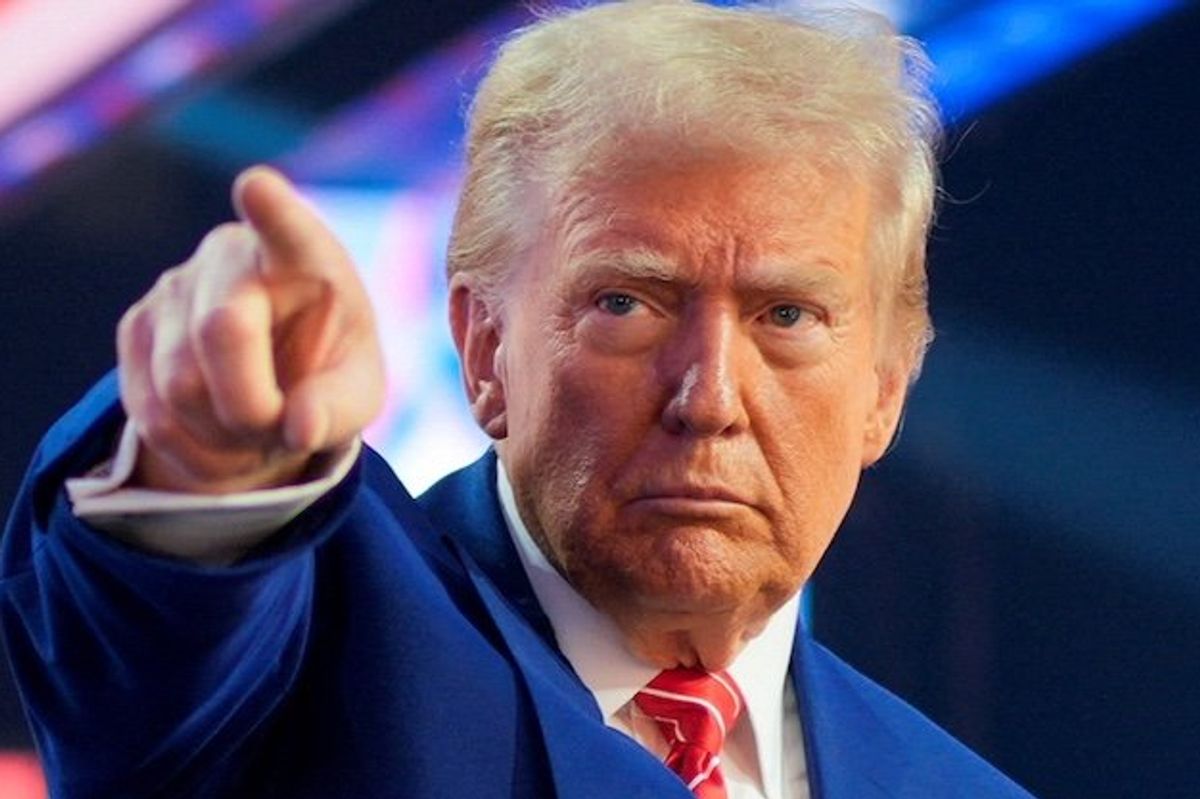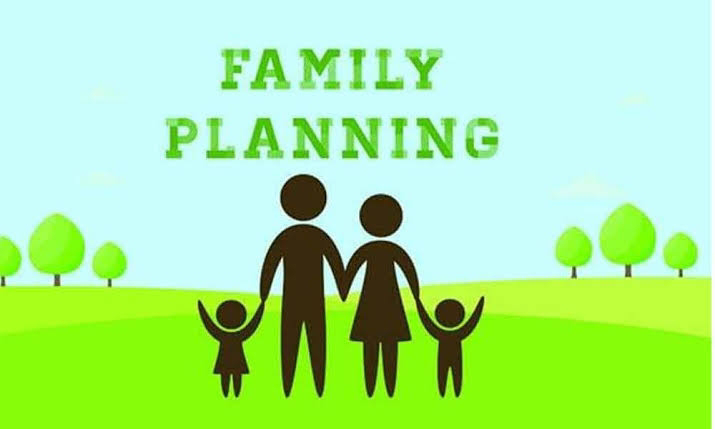America has never been richer. But the gains are so lopsided that the top 10% controls 69% of all wealth in the country, while the bottom half...
Vous n'êtes pas connecté
العناوين :
 - EURASIAREVIEW.COM - A la une - 23/07/2024 23:35
- EURASIAREVIEW.COM - A la une - 23/07/2024 23:35
A Low-Growth World Is An Unequal, Unstable World – Analysis
The global economy is stuck in low gear, which could deal a major blow to the fight against poverty and inequality. Group of Twenty finance ministers and central-bank governors gathering this week in Rio de Janeiro face a sobering outlook. As the IMF’s latest World Economic Outlookupdateshows, global growth is expected to reach 3.2 percent this year and 3.3 percent in 2025, well below the 3.8 percent average from the turn of the century until the pandemic. Meanwhile, our medium-term growth projections continue to languish at their lowest in decades. To be sure, the global economy has shown encouraging resilience to a succession of shocks. The world didn’t slip into recession, as some predicted when central banks around the world raised interest rates to contain inflation. Yet, as we move beyond the crisis years of the pandemic, we need to prevent the world from falling into a prolonged period of anemic growth that entrenches poverty and inequality. The pandemic already set back the fight. Extreme povertyincreasedafter decades of decline, while global hungersurgedand the long-term decline in inequality across countries stalled. NewIMF analysissuggests periods of stagnation lasting four years or more tend to push up income inequality within countries by almost 20 percent—considerably higher than the increase due to outright recession. During periods of stagnation, sluggish job creation and wage growth increase structural unemployment and reduce the share of a country’s income flowing to workers. Together with limited fiscal space, these forces tend to widen the gap between those at the top and bottom of the income ladder. In other words, the longer we’re stuck in a world of low growth, the more unequal that world would become. That in itself would be a setback to the progress we’ve made in recent decades. And as we have seen, rising inequality can foster discontent with economic integration and technological advancements. It is therefore timely that Brazil has made fighting inequality, poverty and hunger a priority of its G20 presidency. With the right policies, we can still escape a low-growth, rising-inequality trap, whileworkingto reduce poverty and hunger. Let me highlight three priority policy areas. Gearing Up Inclusive Growth First, we need to address the underlying problem of slow growth. Most of the decline in growth in recent decades has beendrivenby a slump in productivity. A big reason for the slump is that labor and capital aren’t flowing to the most dynamic firms. But a smart mix of reforms could jumpstart medium-term growth. Measures to promote competition and improve access to finance could get resources flowing more efficiently, boosting productivity. Meanwhile, bringing more people into the labor force, such as women, could counter the drag on growth from aging populations. We must also not forget the role that open trade has played as an engine of growth and jobs. In the last 40 years, real income per capita has doubled globally, while more than a billion emerged from extreme poverty. Over that same period, trade as a share of gross domestic product increased by half. It’s true that not everyone benefited from trade, which is why we must do more to ensure the gains are shared fairly. But to close off our economies would be a mistake. Making Fiscal Policies People-Focused Second, we must do more to ensure that fiscal policies support the most vulnerable members of society. The challenge is that many economies are facing severe fiscal pressures. In developing countries, debt-servicing costs are taking up a bigger share of tax revenue at a time when they are tackling a growing list of spending demands, from investments in infrastructure to the cost of adapting to climate change. A gradual and people-focused fiscal effort can alleviate fiscal risks while limiting any negative impact on growth and inequality, including by raising revenue, improving governance, and protecting social programs. There is much scope for developing countries toraisemore revenue through tax reforms—as much as 9 percent of GDP, according to our research. Yet it is crucial to take a progressive approach, which means making sure those who can afford to pay more taxes contribute their fair share. Taxing capital income and property, for example, offer a relatively progressive way to raise more tax revenue. Regardless of the strategy, people need to have confidence that the taxes they pay will be used to deliver public services—not enrich those in power. Governance improvements, such as to increase transparency and reduce corruption, must also be part of the equation. At the same time,social-spendingprograms can make a big difference to inequality, including through school meals, unemployment insurance, and pensions. These should be protected. Well-targeted cash-transfer programs—such as Brazil’sBolsaFamilia—can support the vulnerable. Our research shows that strong redistributive policies in a growing G20 economy—such as social-spending programs and public investment in education—can reduce inequality between 1.5 and 5 times more than weaker policies. Strengthening the Global Backstop Finally, we need a strong global financial safety net for countries that need support. With that goal in mind, the IMF is working on a package of reforms to our lending framework. To continue to serve the needs of our most vulnerable members, we are reviewing our concessional lending instrument for low-income countries, the Poverty Reduction and Growth Trust. With demand expected to exceed pre-pandemic levels, it is vital that our membership comes together to ensure the PRGT is adequately resourced and its long-term finances are put on a sustainable footing. We are also taking a close look at our surcharge policy for the first time in nearly a decade. The review aims to ensure we can continue to provide financing at affordable rates to members who need our support. Last year our members gave us a strong vote of confidence by agreeing to increase our permanent quota resources, allowing us to maintain our lending capacity. I am counting on G20 members to now ratify the increase. One of the lessons of recent history has been that we must not ignore those left behind by economic and technological progress—be they individuals within a country, or entire nations struggling to close the gap. But with the right policies, and by working together, we can build a prosperous and equitable world for all. Source: This article was published by IMF Blog
Articles similaires
On overhauling Cepep
HAVING Prime Minister Narendra Modi of India, the largest member of the Commonwealth family, spend two days visiting our tiny Caribbean state was...
Defunding Gavi: An Important Step Toward Decolonization? – OpEd
The primary reason people in wealthy countries live longer than those in poorer countries is that they have better sanitation (e.g. clean water,...
Trump outrage is hiding the real danger to America
Americans are waking up to President Donald Trump’s assaults on our democracy. In just four years, his documented lies have topped 30,000. He has...
Trump has pushed us to the brink of recession, fascism, and World War III
The headlines this week are wild: Trump is threatening nutso tariffs against America’s traditional trading partners (although none for Russia, of...
US: Half Of June’s Job Growth Was In Government, Manufacturing Jobs Fall – OpEd
By Ryan McMaken According to new employment totals released today by the Bureau of Labor Statistics, the US economy added an estimated 147,000...
Nigerians, Are You Better Than You Were Two Years Ago?
By Gbenga ShabaIn 2025, a critical question resonates across Nigeria: “Am I better off today than I was yesterday?” For the vast majority of...
Family Planning: Beyond birth control, experts advocate spacing, women empowerment
By Chidinma Ewunonu-AlukoHealth experts have called on Nigerians to understand that beyond limiting births, family planning included spacing...
Family Planning: Beyond birth control, experts advocate spacing, women empowerment
By Chidinma Ewunonu-AlukoHealth experts have called on Nigerians to understand that beyond limiting births, family planning included spacing...
'Jaw-dropping' fact shows Trump agenda killing own economic dream: ex-adviser
A ‘jaw-dropping” statistic shows that President Donald Trump’s drive to deport hundreds of thousands of immigrants is killing his chance to...
أحدث الإصدارات
-
Amazon Prime Day 2025 Delivers Record Sales and Savings in Expanded Four-Day Shopping Event
AMAZON - 12/07/2025
-
DHS Reveals Criminal Histories of Illegal Aliens Detained at Prairieland Detention Center at Time of July 4 Attack
The Department of homeland security - 11/07/2025
-
Henson Group and myCloudDoor Merge to Form ALIANDO, a Leading, Global Microsoft Partner
Henson Group - 10/07/2025
-
Their ability to enter and operate in the United States emphasized the danger of letting violent offenders exploit our border—and reinforces why the Trump Administration refuses to let its guard down. HSI Omaha led the operation with support from federal and international law enforcement partners. ICE currently holds both individuals in custody. The agency has initiated removal proceedings and will continue coordinating with El Salvadoran authorities to send them back to face justice.
The Department of homeland security - 10/07/2025
-
Their ability to enter and operate in the United States emphasized the danger of letting violent offenders exploit our border—and reinforces why the Trump Administration refuses to let its guard down. HSI Omaha led the operation with support from federal and international law enforcement partners. ICE currently holds both individuals in custody. The agency has initiated removal proceedings and will continue coordinating with El Salvadoran authorities to send them back to face justice.
The Department of homeland security - 10/07/2025
-
ICE Takes Down High-ranking MS-13 Gang Leaders Wanted for Murder
The Department of homeland security - 10/07/2025
-
Buy with Prime Expands with New Brand Dr. Berg Nutritionals
AMAZON - 09/07/2025
-
DHS Sends Administrative Subpoenas to Harvard University
The Department of homeland security - 09/07/2025
-
ICE Arrests Criminal Illegal Alien Sex Offenders and Pedophiles in Minneapolis
The Department of homeland security - 09/07/2025
-
ICE Arrests Criminal Illegal Alien Sex Offenders and Pedophiles in Minneapolis
The Department of homeland security - 09/07/2025






